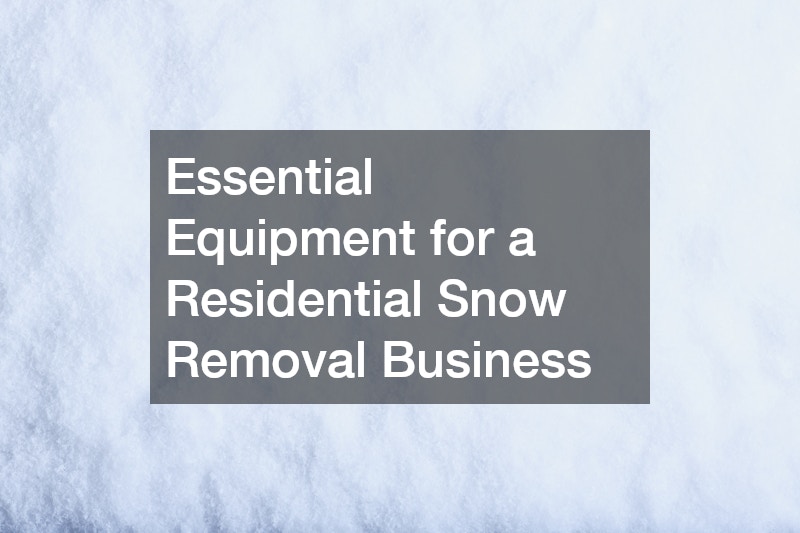Having trouble collecting payments?
Running a small business, while fun and exciting, is not that easy. You’ll have to keep up with the trends and satisfy your customers. You need to run marketing campaigns and monitor your operations too.
However, if you add the stress of managing your invoices, it can be quite overwhelming.
While you can delegate the task to a specific group or person in your business, there’s also the factor of collecting late payments.
A small business factoring can help relieve you from these problems. In fact, for a small amount fee per transaction, your cash flow will improve dramatically. It will allow you to grow your business quickly:
Here are some crucial things you should know before you consider small business factoring:
What is Invoice Factoring
Invoice factoring is a type of accounts receivable financing. It converts outstanding invoices into immediate cash for your small business. It frees you from the task of having to collect payments and allows you to improve your cash flow. No longer will you have to wait for 30, 90, or even 180 days before you get paid.
Companies with invoice factoring services can help small businesses bridge invoice payment gaps with upfront payments from 70 up to 90% of the original invoice.
Your business will benefit greatly from this opportunity. Some of the advantages you get are:
- It allows you have funds for your day-to-day operations
- Prevents you from incurring more debt to fund your operations
- Other parts of your business can start moving since you have consistent funding
How Does Small Business Factoring Work?
Before you start searching for the best invoice factoring companies, you must be aware of how they work first. An overview of the way they operate will allow you to understand what options are available for you.
When you apply for invoice factoring, you’ll go through the same application process as with any other type of funding. The factoring company will evaluate your business depending on the information you provide.
Your chances of getting approval largely depend on how you collect your payments. If your customers are paying you regularly, even if it’s a net 90, these companies will tend to consider your application.
Once you receive approval, you need to discuss with them the percentage of payment they’ll pay to you. This can between the range of 80 to 90 percent. The actual percentage is largely influenced by the quality of invoices you’re turning over to them.
What If Customers Fail to Pay?
You can take the benefits of small business factoring to the next level. Making use of a specific type of non-recourse factoring can help take the risk of delinquent customers from you:
Recourse Factoring
Recourse factoring has lower fees, but you won’t be protected in case your customer fails to pay. You’ll be held liable for any delinquent payments. Most factoring companies offer this option only. If compared to traditional business loans, this type of factoring gives a better option. You don’t have to show a lot of collateral to borrow money. In fact, you’re not borrowing money at all but instead, you’re selling your invoices.
Non-recourse Factoring
This is a type of factoring that can take the risk off of you with customers who are not able to pay for what they owe you. You won’t be held liable for delinquent payments. Money factoring companies that offer this type of factoring require higher fees to compensate for the risk they’re taking away from you.
Is Invoice Factoring Right for You?
Not all types of business work well with the services offered by invoice factoring. If you’re customers pay up for your services immediately, then factoring is not a good option. However, if you operate in industries where payments are usually cut on a 30 to 90-day cycle, you need invoice factoring.
Some of the common industries with an extended pay cycle are:
- Staffing companies
- Government contractors
- Trucking companies
- Freight services
- Information Technology and Tech companies
- Wholesalers, distributors, and import/export businesses
If your small business falls under these industries, you’ll need to consider invoice factoring.
Improve Your Cash Flow with Small Business Factoring
Start improving your cash flow. You can continue expanding your small business if you get your payments quickly. Small business invoice factoring will take the burden of having to way for payments with the range of factoring services the offer.




